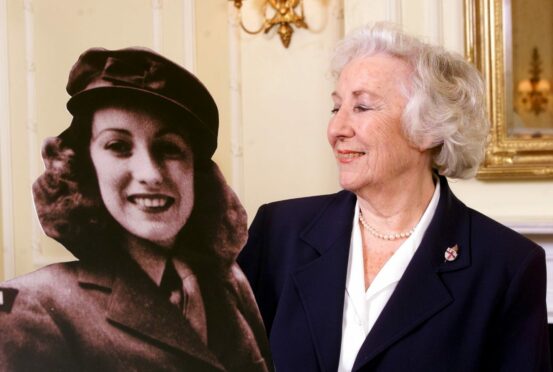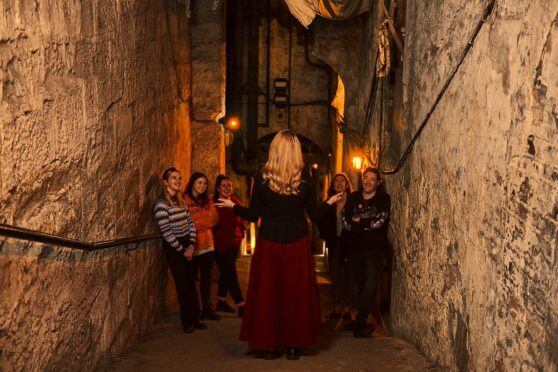
At the outbreak of the Second World War, the BBC was enlisted to help the effort by the Government.
Here, Stevie Gallacher talks to Ron Bateman, who has penned a book about the propaganda efforts of the corporation – which helped result in its ‘Auntie’ nickname.
What was the state of the BBC at the outset of the war?
Even though the corporation echoed the government’s policy of appeasement in its broadcasts, it had secretly been preparing for war. The governors had long been informed they would be out of commission and staff were given sealed instructions they were permitted to open two days prior to the declaration of war.
The Overseas Service was not so well prepared. The European News operation amounted to no more than 30 men. However, within two years the head count expanded to more than 500 men and women as the corporation transformed from being a predominantly home organisation to a predominantly overseas organisation.
What sort of entertainment did it provide at the beginning of the war?
The BBC was hampered initially by the fact that, having acted under guidance from Whitehall, they had prepared for the wrong war – a war of immediate aerial bombardment rather than many months of Phoney War when nothing of much significance happened.
As a result, listeners were subjected to endless hours of gramophone records and organ recitals. Programmes were interspersed with all manner of advice broadcasts as though the BBC was fussing away like an aged spinster; giving rise to its everlasting nickname “Auntie”. Very soon the corporation came under pressure from MPs and the public to improve the dull service.
Was there resistance to it at all initially?
Yes, indeed. Chief among the dissenters was Harold Nicholson at the Ministry of Information, who stated: “Britons do not want to be told what to think or feel, or to become that mutton-headed herd of sheep that Hitler believes the German nation has always been, and always will be.”
Even as late as 1944 the BBC still referred to such practices as “publicity” rather than stoop to using the “awful word” propaganda.
Would the public have heard about military disasters?
The damage caused by the BBC’s restricted access to news was first highlighted after an air raid on the British fleet at Scapa Flow on March 16, 1940. It was forced to sit on the story for another six hours to allow the Admiralty to release its own account. The BBC complained that such censorship and late release of news was damaging its effectiveness and undermining the confidence of the public – not to mention encouraging listeners to switch to German stations for more up-to-date bulletins.
How did the propaganda help the forces fighting abroad?
The most popular show, Sincerely Yours – Vera Lynn, was conceived as an antidote to German propaganda, in particular the Lale Anderson song Lili Marlene, which was being relentlessly played to imply the wives of serving soldiers were getting up to all kinds of things while their menfolk were serving overseas.
For all its good intentions, Vera Lynn’s sentimental presentation was officially rested for 18 months when, after a series of military reverses, it was claimed “sentimental songs were producing sentimental soldiers who were not proving themselves in battle”.
Were there any notable wartime radio stars?
No performer was more vital towards this end than the comedian Tommy Handley, a man who felt his responsibilities so deeply that, even as his health failed, he went on regardless.
By the time it reached its fifth series, Handley’s comedy show ITMA (It’s That Man Again) was commanding 16 million listeners a week. Newspapers joked that “if Hitler were to invade at 8.30pm on a Thursday night he could catch Britain completely unawares”.
The Radio Front: The BBC And The Propaganda War from The History Press is out now

Enjoy the convenience of having The Sunday Post delivered as a digital ePaper straight to your smartphone, tablet or computer.
Subscribe for only £5.49 a month and enjoy all the benefits of the printed paper as a digital replica.
Subscribe




